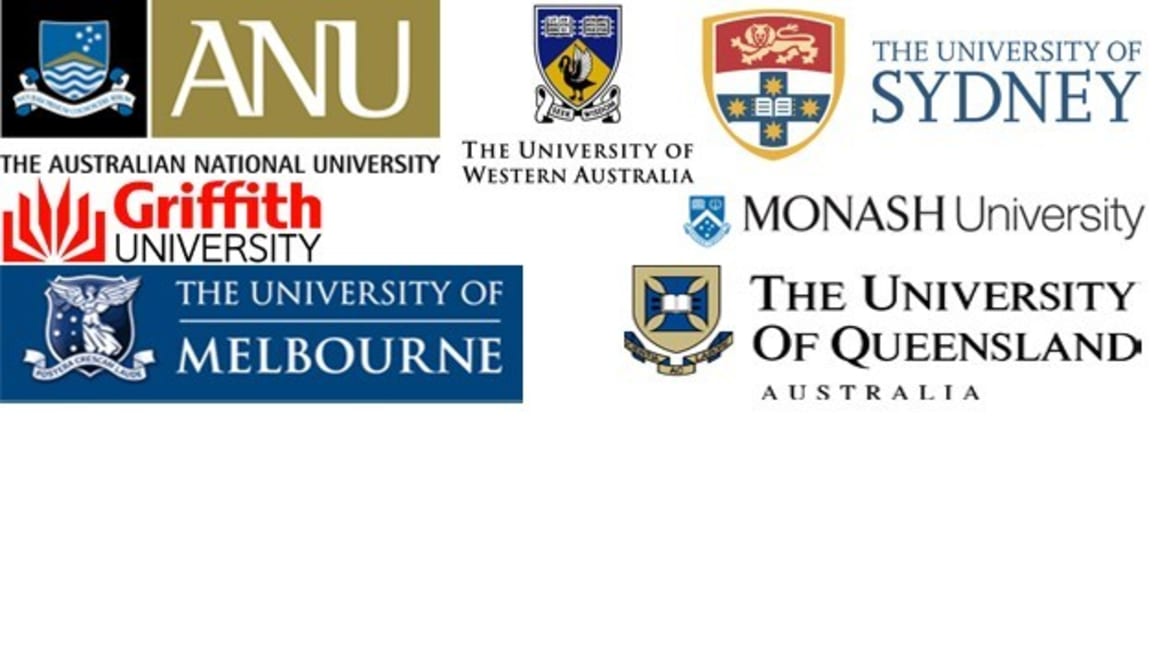Australia the most expensive country for international study but remains attractive for students and investors

A report by the Hong Kong and Shanghai Banking Corporation (HSBC) has found that Australia is the most expensive country for international study, surging ahead of the United States and the United Kingdom.
The report found that the average annual cost of study in Australia amounted to some US$38,000, followed by the United States at US$35,000, and the United Kingdom at US$30,000.
HSBC Australia head of retail banking and wealth management Graham Heunis said the strength of the Australian economy and the Australian dollar has kept the cost of studying in Australia high relative to other markets.
According to data from Australian Education International, there were 379,214 enrolments by full-fee paying international students as of June this year, a decline of 2.2% on last year. This is in contrast to a 5.8% average increase of enrolments each June in the last decade.
Heunis believes the falling Australian dollar and improved visa processing could see student enrolments bouncing back.
“While Australia’s education sector has taken a hit in terms of overseas student numbers, the proportion of international students in Australia remains strong, indicating many are looking past the cost impact to other factors such as quality of life and education and proximity to home.
The falling Aussie dollar and simplified visa process should spark a resurgence in overseas students placing Australia on top of their destination lists,” Heunis said.
Australian universities continue to be competitive compared to their international counterparts.
Seven Australian universities retained their top 200 positions in the Academic Ranking of World Universities (ARWU) prepared by China’s Shanghai Jiaotong University.
The University of Melbourne remained as Australia’s top institution, moving up three spots to 54th place.
Melbourne has ranked number one in Australia for three consecutive years, and was also the first Australian university to achieve a top 200 ranking in the ARWU for all ten individual disciplines.
Other universities in the top 100 include the Australian National University (66), University of Queensland (85), University of Western Australia (91) and University of Sydney (97).
Monash University and the University of NSW were named in the 101-150 band.
A report from the International Education Advisory Council released in February this year projected a 30% growth to the education industry by 2020, estimating that Australia will be home to some 520,000 international students, contributing $19.1 billion to the local economy.
The same report revealed that 52% of the $15.7 billion revenue from the international education sector in 2011 went towards host communities – including accommodation providers, the retail sector, travel services and other community enterprises.
Property Observer recently reported that there is a shortage of purpose-built student accommodation in most Australian capital cities.
Currently, there are 41,250 beds available for students around Australia, leading students to turn to the private rental market for their accommodation needs.
As of the 2011 Census, there are over 826,200 units in main cities around Australia. However, a 2012 Jones Lang LaSalle report found many students encounter difficulties in securing private rental accommodation due to fierce competition from other potential tenants, unaffordable rentals, and a national vacancy rate of around 2%.
The same report also revealed that Australia is considered to be ten years behind mature markets in providing quality student housing. This therefore gives investors an opportunity to reap the benefits of early entry into the market.
Other attributes of the student housing sector include solid rental growth above inflation rates, resilient performance in downturns, strong demand, and high occupancy rates.
This has led student accommodation providers such as Urbanest and The Pad to expand their operations.
Urbanest, which provides student acommodation in Adelaide, Sydney, and Brisbane, is launching a Melbourne student accommodation building next February in Carlton.
Meanwhile, investor interest is being sought for RMIT village student accommodation in North Melbourne. The Jones Lang LaSalle marketing gives a projected net income of $4.6 million for this year.Brisbane-based student accommodation provider The Pad also recently announced expansion plans to Sydney, Melbourne, and Canberra, following the backing of investment group Telopea Capital Partners.
Image courtesy of Justin Kim/flickr.